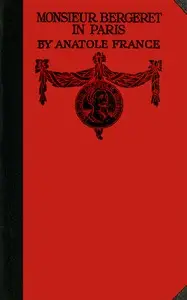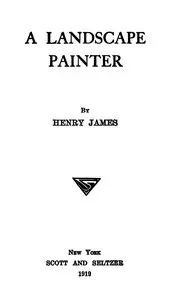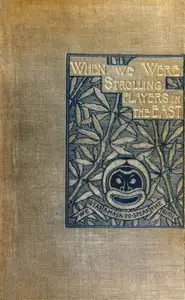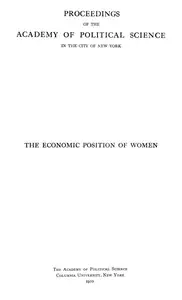"Adrian Savage: A Novel" by Lucas Malet is a story that follows a young, aspiring artist named Adrian Savage as he deals with love, sorrow, and what society expects of him in Paris. The story shows Adrian's relationships with other characters and his inner feelings, especially his complicated love for Gabrielle St. Leger, a beautiful woman with a mysterious past. As the book opens, Adrian prepares to say goodbye to Gabrielle on a cold winter day in Paris, highlighting the emotional struggles he faces as he leaves and worries about what will happen. When he gets to Gabrielle's house, he understands the weight of their connection, noticing the stress and doubts that make things difficult. This beginning captures the complicated nature of love and the challenges that arise when trying to balance personal goals with relationships, hinting at the problems and changes that will come.
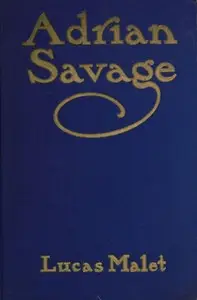
Adrian Savage: A Novel
By Lucas Malet
Amidst the chill of a Parisian winter, a passionate artist says goodbye to his enigmatic lover, unaware of the conflicts and transformations that await them.
Summary
About the AuthorLucas Malet was the pseudonym of Mary St Leger Kingsley, a Victorian novelist. Of her novels, The Wages of Sin (1891) and The History of Sir Richard Calmady (1901) were especially popular. Malet scholar Talia Schaffer notes that she was "widely regarded as one of the premier writers of fiction in the English-speaking world" at the height of her career, but her reputation declined by the end of her life and today she is rarely read or studied. At the height of her popularity she was "compared favorably to Thomas Hardy, and Henry James, with sales rivaling Rudyard Kipling." Malet's fin de siecle novels offer "detailed, sensitive investigations of the psychology of masochism, perverse desires, unconventional gender roles, and the body."
Lucas Malet was the pseudonym of Mary St Leger Kingsley, a Victorian novelist. Of her novels, The Wages of Sin (1891) and The History of Sir Richard Calmady (1901) were especially popular. Malet scholar Talia Schaffer notes that she was "widely regarded as one of the premier writers of fiction in the English-speaking world" at the height of her career, but her reputation declined by the end of her life and today she is rarely read or studied. At the height of her popularity she was "compared favorably to Thomas Hardy, and Henry James, with sales rivaling Rudyard Kipling." Malet's fin de siecle novels offer "detailed, sensitive investigations of the psychology of masochism, perverse desires, unconventional gender roles, and the body."


